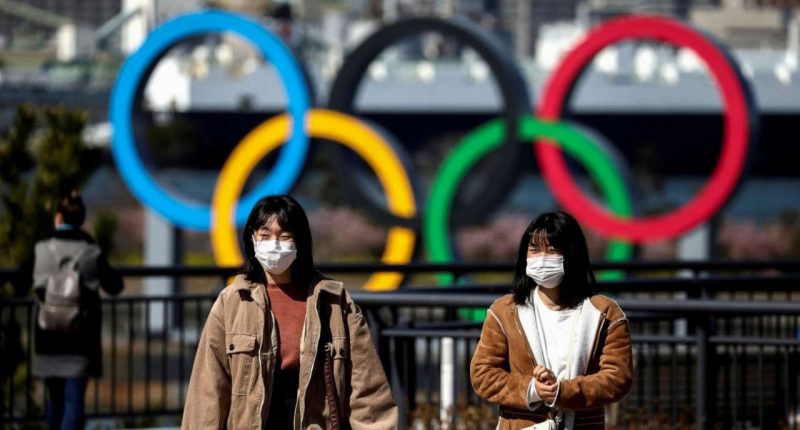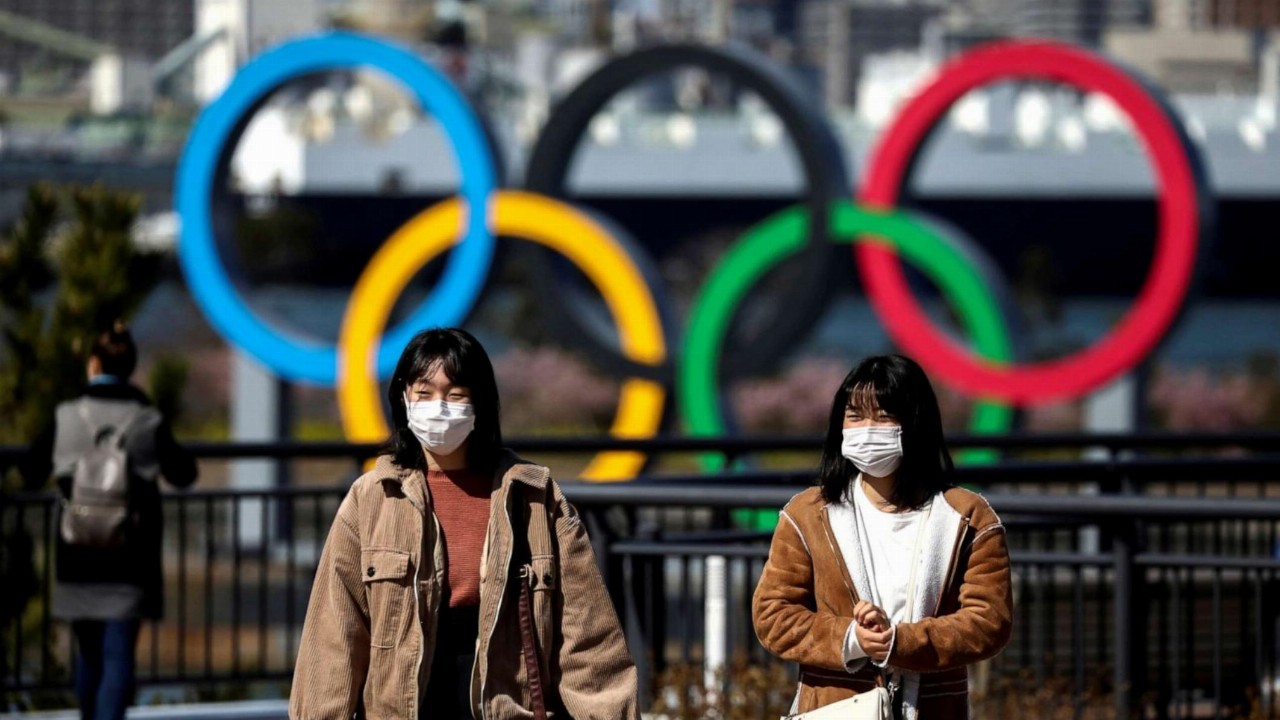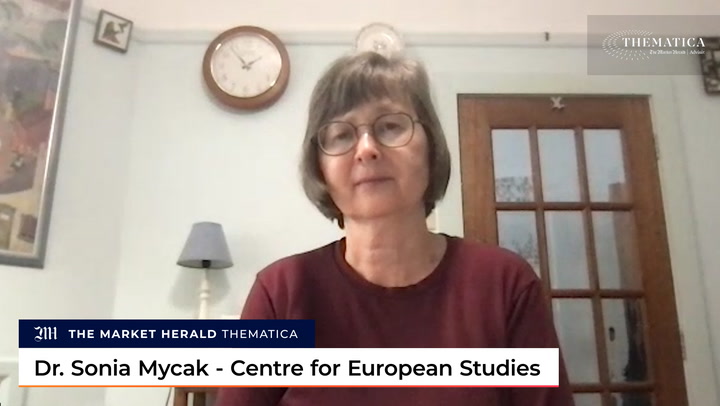- A COVID-19 outbreak has sent Japan’s capital city Tokyo, and three neighbouring prefectures, into a limited State of Emergency
- The month-long restriction period will primarily focus on deterring viral transmission in major risk areas like bars and restaurants
- Japan’s Government is rolling out a A$869 billion stimulus package to counteract the inevitable damage done to the economy
- The State of Emergency casts doubts on Tokyo safely hosting the 2020 Olympics, which was previously delayed until July 2021
- While Japanese authorities hope to begin vaccinations by late February, Moderna’s COVID-19 vaccine might not receive approval until May
A COVID-19 outbreak has sent Japan’s capital city Tokyo, and three neighbouring prefectures, into a limited State of Emergency.
When the pandemic first broke out across the globe early last year, Japan fared relatively well in terms of COVID-19 cases. However, the Asian island nation is now facing its worst coronavirus outbreak yet, after passing 7,000 daily infections on Thursday.
The month-long State of Emergency will run from January 8 to February 7 in Tokyo, Saitama, Kanagawa, and Chiba. With much of Japan’s populace concentrated in this densely populated area, the restriction period will impact almost a third of the nation’s citizens.
The temporary State of Emergency will primarily focus on deterring viral transmission in major risk areas like bars and restaurants. In contrast to the restrictions imposed in Japan in April 2020, schools will be allowed to remain open this time around.
Some of Japan’s medical professionals believe that the limited restrictions around Tokyo will not be enough, and have called for a nationwide State of Emergency. However, Japan’s Government has pushed back against the suggestion, in fear of the economic damage wider lockdowns could cause.
Japanese Prime Minister Yoshihide Suga commented on the situation in a televised news conference.
“The global pandemic has been a tougher one than we expected, but I’m hopeful we can overcome this. For this to happen, I must ask citizens to endure life with some restrictions,” he said
Prime Minister Suga added that some damage to the economy will be inevitable during the State of Emergency. However, he reassured the nation that he will protect jobs and businesses through a stimulus package worth 70 trillion yen (approximately A$869 billion).
This stimulus package is already being rolled out, in hopes that it will counteract the economic impacts of COVID-19 and related lockdowns.
In addition to jeopardising the lives of Japanese citizens, the latest wave of COVID-19 may also claim the 2020 Olympics as one of its victims. The new State of Emergency has cast doubts that Tokyo can safely host the Summer Olympics, which were delayed last year in response to the pandemic.
The Olympics are currently scheduled to take place in July 2021, although it remains to be seen if Japan will roll out its nationwide vaccination program in time. Japan has secured rights to at least 540 million doses of COVID-19 vaccines, but faces roadblocks related to local clinical trial requirements.
While Japanese authorities hope to begin vaccinations by late February, the Moderna COVID-19 vaccine is unlikely to be approved until May.








